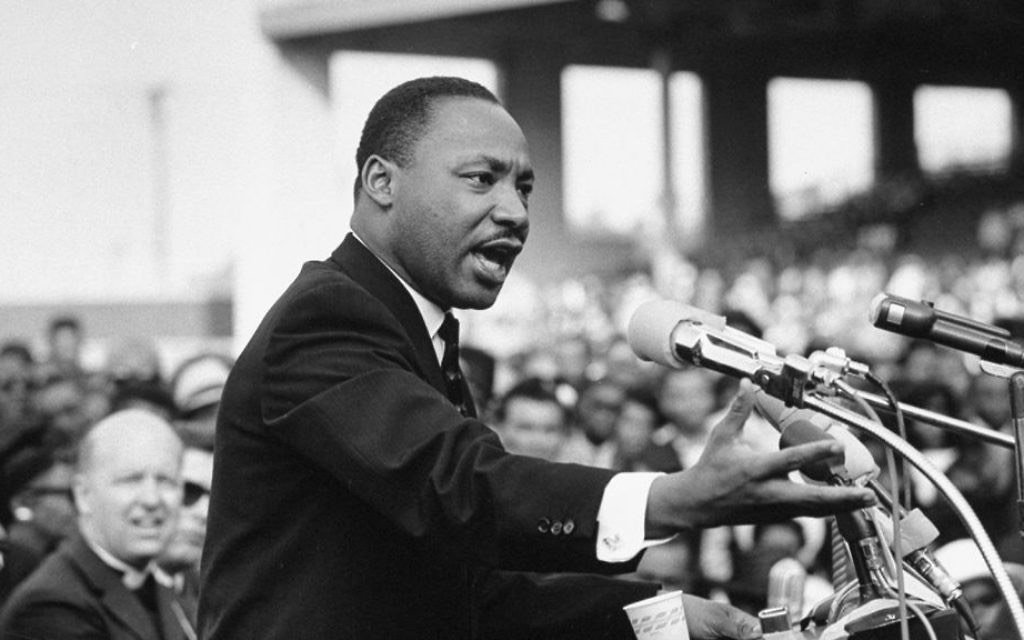“It should be a great event,” Stevie Wonder wrote in “Happy Birthday,” a song advocating for a holiday in recognition of Martin Luther King Jr. “And the whole day should be spent in full remembrance of those who lived and died for the oneness of all people.”
The journey to creating Martin Luther King Jr. Day faced many challenges along the way, taking 32 years from his death until it became a federal holiday observed on the third Monday of every January.
Four days after King’s assassination in April 1968, that journey began when John Conyers, at the time a Democratic Congressman for Michigan, spoke to Congress. Conyers advocated for the creation of a federal holiday in King’s honor. Congress denied the request, but Conyers was not deterred.
Instead, Conyers sought assistance from the Congressional Black Caucus. In turn, the CBC supported Conyers’s efforts to establish the holiday.
Public groups and unions also supported the holiday. In 1973, auto workers refused to work on King’s birthday while thousands of hospital workers went on strike. That same year, unions began regularly requesting the holiday in their contract negotiations. In 1979, President Jimmy Carter endorsed Conyers’s bill, but Congress still refused.
Public support continued to grow in the following years as more public figures joined the movement, including Wonder with his song “Happy Birthday.” Wonder regularly performed and spoke at rallies to support the holiday.
“If we cannot celebrate a man who died for love, then how can we say we believe in it? It is up to you and me,” Wonder told a crowd in Atlanta.
Wonder waited to release “Happy Birthday” until the movement for the holiday gained momentum. Once it did, Wonder made it the centerpiece of his next album, “Hotter Than July.”
In 1981, President Ronald Reagan took office.
“President Reagan opposed the holiday, citing the cost of another national day off,” Marcus Baram wrote for medium.com.
Instead, Reagan suggested founding a scholarship program, but the push for a holiday continued.
Despite the holiday’s public support, Congress continued to debate its establishment until 1983 when North Carolina Republican, Jesse Helms, delivered a filibuster that backfired.
“(Helms) labeled King a ‘Marxist-Leninist’ whose ‘whole movement included Communists,’” Marcus Baram. “His language was so hateful that at one point New York Senator Daniel Patrick Moynihan angrily threw a batch of Helms’s documents on the floor, calling it a ‘packet of filth.’”
After Helms’s failed filibuster, the bill passed 78-22, and Reagan signed Martin Luther King Jr. Day into law in November 1983.
It still took more than a decade for some states to observe the holiday. In 2000, South Carolina became the final state to recognize Martin Luther King Jr. Day.
Twenty-two years later, the U.S. celebrates and remembers King’s life and legacy just two days after what would have been his 93rd birthday.
“We know the key to unity of all people is in the dream that you had so long ago that lives in all of the hearts of people that believe in unity,” Wonder sang in “Happy Birthday.” “We’ll make the dream become a reality. I know we will because our hearts tell us so.”
Happy birthday, Dr. King.











Be First to Comment